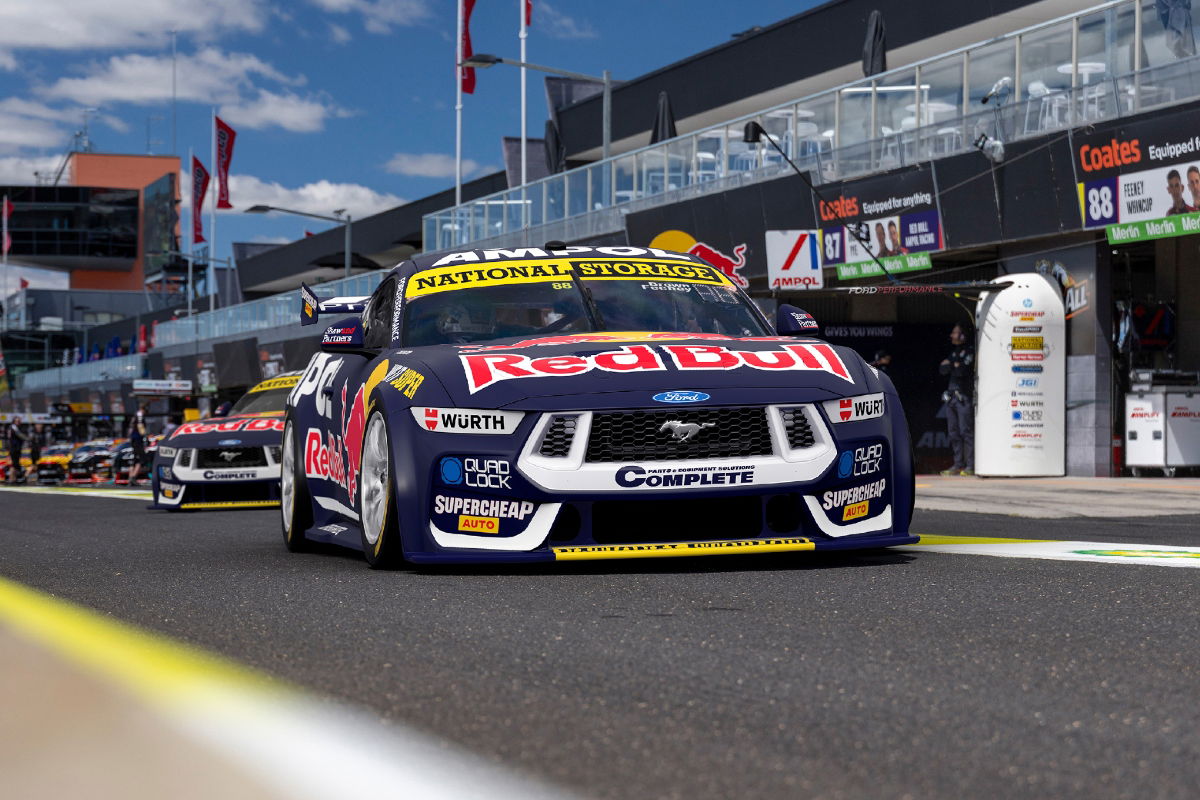
In the next two years Ford will return to both Formula 1 and outright Le Mans contention, on top of its assaults on Supercars, NASCAR, the World Rally Championship, NHRA drag racing and the Dakar Rally (to name some highlights).
But why? We’ve been told for years that the old adage ‘win on Sunday, sell on Monday’ was a relic of the past, however there is now growing evidence to the contrary as not just Ford but dozens of brands hit the racetrack in order to sell more cars from the showroom.
Ferrari, Ford’s former and soon-to-be-again arch F1 and Le Mans rival, is perhaps the greatest example of this philosophy of using motorsport to sell cars. The Italian brand originally only began selling road cars as a means to fund the racing dreams of Enzo Ferrari, so the concept of winning on the track and using it to win in the showroom is at the heart of Ferrari.

But for more mainstream brands like Ford, Toyota, Hyundai and others, going racing is, in many respects, more important as they have to fight for each and every sale, rather than having a multi-year waitlist like Ferrari does.
Ford’s expanding motorsport presence comes as the blue oval’s global CEO, Jim Farley, pushes an ethos of ‘no boring cars’ for the brand. That means ditching the conservative and leaning into what makes Fords exciting. He recently made further comments about wanting to become the off-road equivalent of Porsche, when it comes to performance via its range of Raptor models. But clearly with F1 and the new LMDh sportscar program, not to mention the likes of the Mustang GTD and Dark Horse, the company isn’t giving up on being synonymous with on-road performance either.
“We are entering a new era for performance and racing at Ford,” declared Bill Ford, Ford Motor Company Executive Chair. “You can see it from what we’re doing on-road and off-road. When we race, we race to win.”
Perhaps the best modern example of the ‘win on Sunday, sell on Monday’ philosophy is the world’s biggest car company – Toyota. The Japanese giant was often derided for building boring cars, even though they were extremely popular. But in recent years it has most definitely moved away from that with more exciting and engaging products, in large part thanks to its racing initiatives. This has been led by its line-up of Gazoo Racing models like the GR 86, GR Supra and GR Corolla, but the entire Toyota line-up is more exciting than ever before.
It’s no coincidence that the rise of Toyota’s dynamic character has coincided with it stepping up its motorsport involvement through GR, in the WRC, World Endurance Championship and soon Supercars.
The GR Yaris is arguably the most obvious car on sale today that links motorsport and sales, as the unique three-door body and turbocharged, all-wheel drive powertrain were created specifically as a homologation special to help the WRC program.
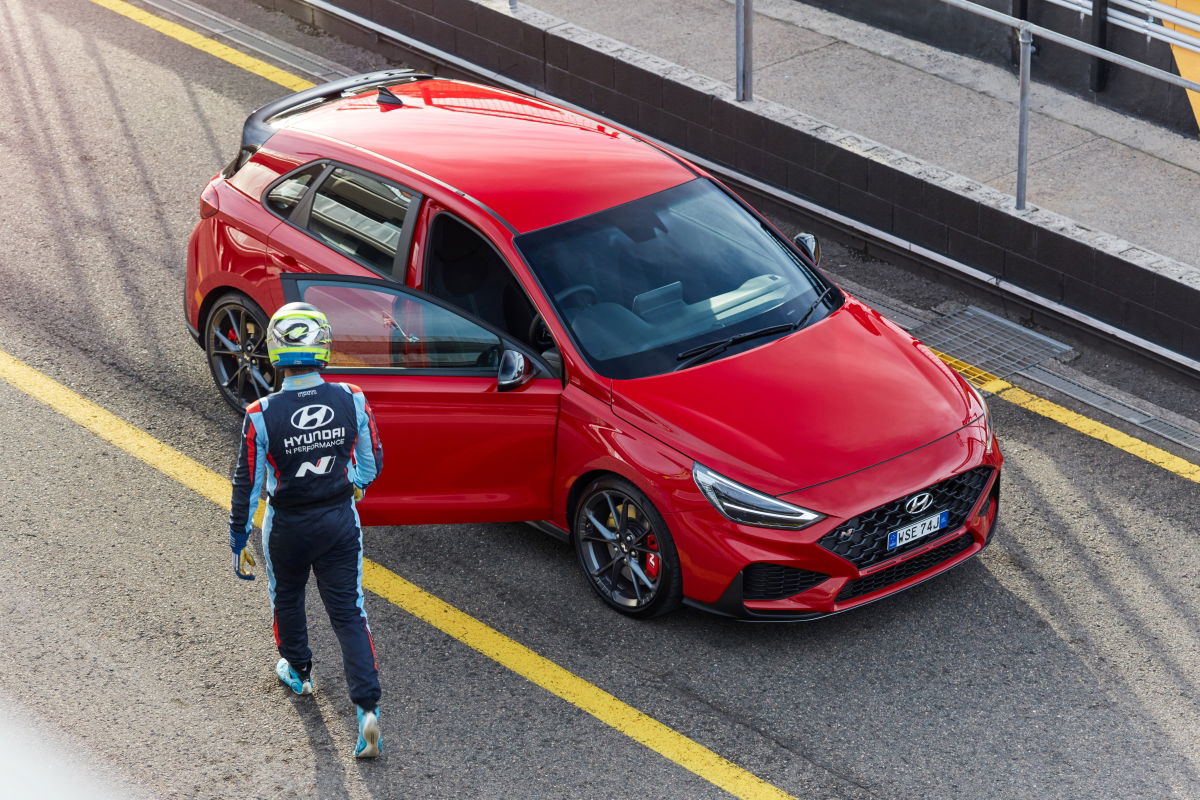
Another modern example is Hyundai, which used its World Rally entry to build its N Performance sub-brand and will now hope racing in the World Endurance Championship can help its Genesis luxury brand in the same way.
There are brands like Ferrari and Porsche that are intrinsically linked between road and track, with race-bred models like the Ferrari XX program and Porsche’s 911 GT3 and GT3 RS.
Across the entire spectrum, from mainstream Toyota to exotic Ferrari, the idea that ‘win on Sunday, sell on Monday’ no longer applies has been proven false by this modern gold age of big brands hitting the track around the world.



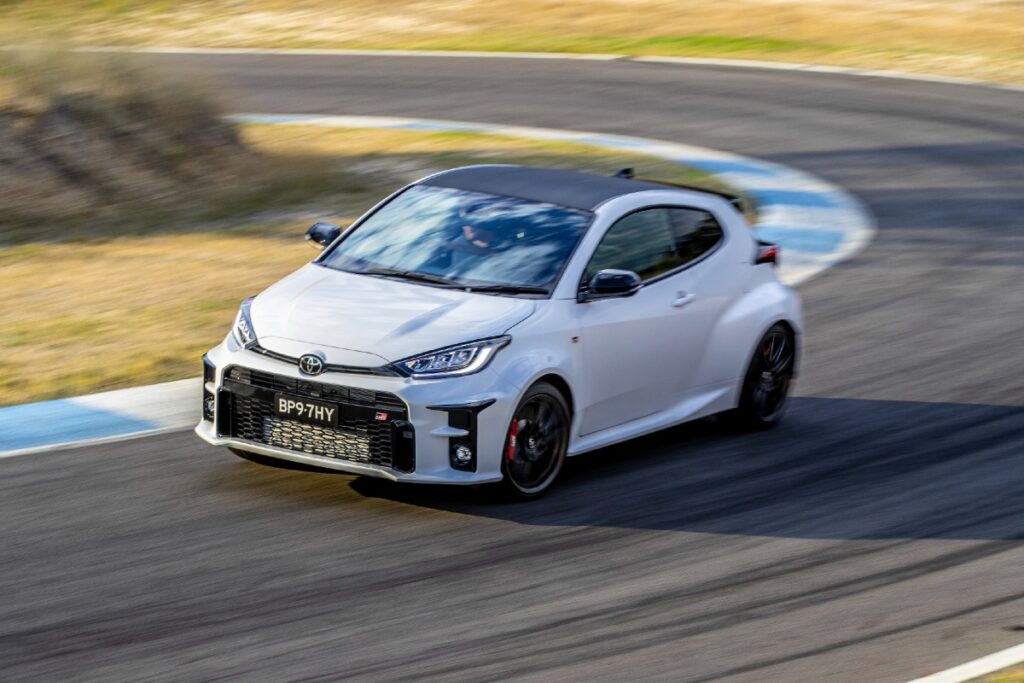
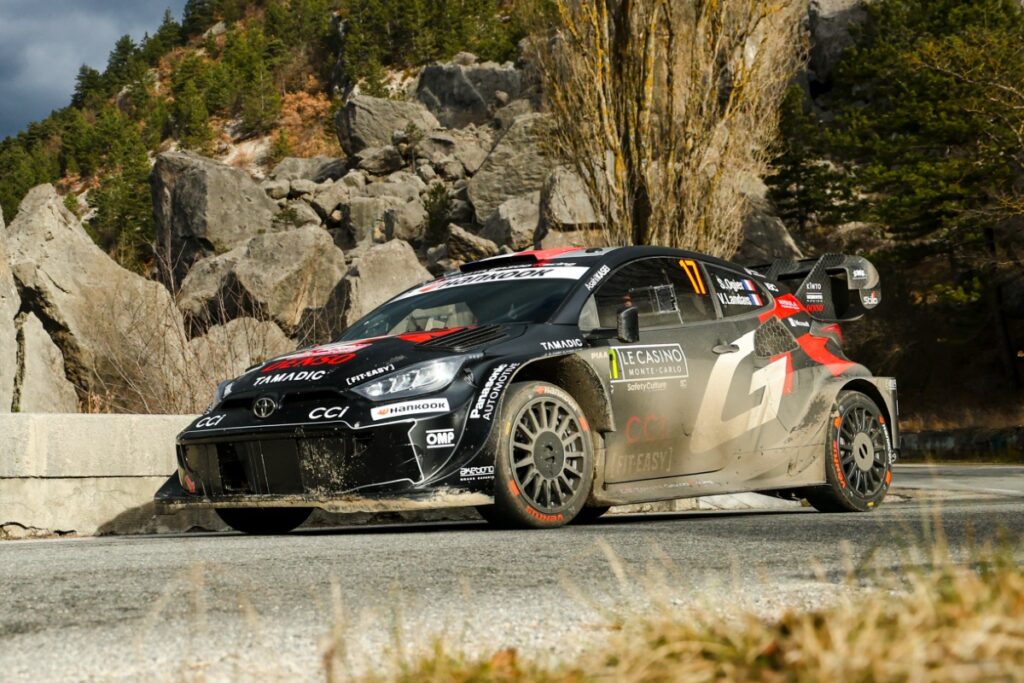
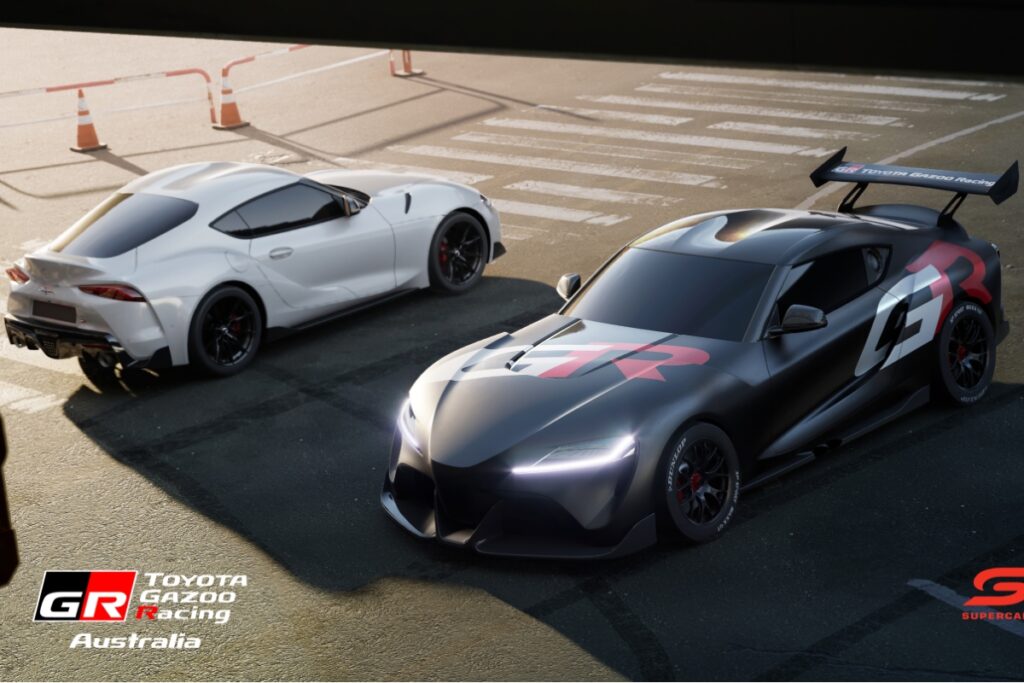









Discussion about this post